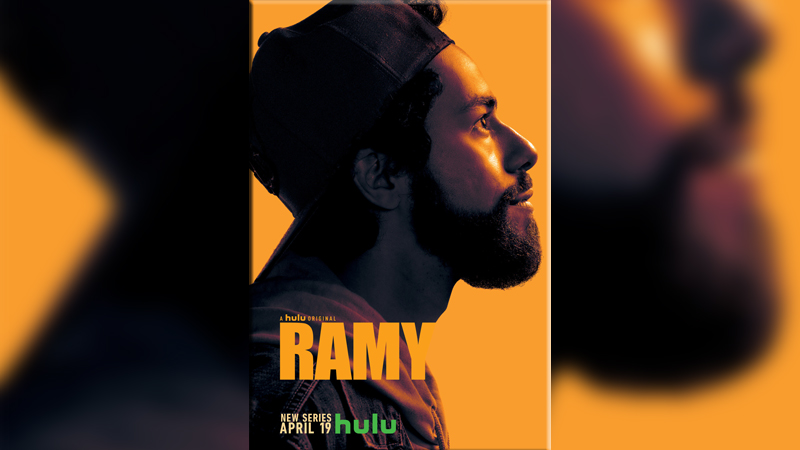 He’s 27 years old and lives in Rutherford, New Jersey, with his parents and his younger sister; he was going to get a place of his own, but then the start-up he worked at went belly-up. Now he schleps for his uncle in New York’s diamond district because you have got to do something. His standard getup is a flannel shirt, old-school sneakers and a backwards baseball cap – think “Bro Casual.” Occasionally, he’ll go on a date, but his social life is primarily hookups and longing looks and missed connections. Mostly, he pals around with his two buddies, who fall somewhere between “lovable” and “knucklehead,” and another buddy of his who has muscular dystrophy. You’ve met Ramy before. Trust us. Maybe you are this guy.
He’s 27 years old and lives in Rutherford, New Jersey, with his parents and his younger sister; he was going to get a place of his own, but then the start-up he worked at went belly-up. Now he schleps for his uncle in New York’s diamond district because you have got to do something. His standard getup is a flannel shirt, old-school sneakers and a backwards baseball cap – think “Bro Casual.” Occasionally, he’ll go on a date, but his social life is primarily hookups and longing looks and missed connections. Mostly, he pals around with his two buddies, who fall somewhere between “lovable” and “knucklehead,” and another buddy of his who has muscular dystrophy. You’ve met Ramy before. Trust us. Maybe you are this guy.
Also: He’s an Arab-American, the son of a Palestinian mom and an Egyptian dad. Plus he’s a practicing Muslim. This, as you might imagine, complicates things in terms of moving through a world that, well… have you seen US President Donald Trump’s Tweets lately? But constant suspicion and paranoia are the least of his problems. Seriously, his folks are busting his balls. His sister thinks he gets away with murder compared to her because he’s a man and she’s not wrong. His buddies want him to lighten up. And he’s really, really trying to figure out how to balance living a modern life and a devout life – to exist in the inter-zone between, as he eloquently puts it, “Friday prayers and Friday night.”
That’s the set-up of Ramy, Hulu’s 10-episode series co-created by writer-director-star Ramy Youssef and the latest in the ever-growing genre you might categorise as “Comedian’s Semiautobiographical Half-Hour Cringe-Dramedy.” The description, however, doesn’t quite do this new gem justice. For one thing, Youssef may be an accomplished stand-up comic, but his fictional counterpart isn’t a performer – there are no cutaways to late-night sets at the Comedy Cellar, no podcast-recording interludes, no celebrity cooking-show host gigs or bad days on sci-fi movie productions. He’s just a confused every day dude stuck between two cultures, both of which have informed who he is and who he’s aspiring to be. The “two cultures” bit, however, is key. It’s a show about being a Muslim-American in which both of those words are given equal weight. And that makes all the difference.
Put it this way: When was the last time you watched a series whose main character sprints to a mosque and searches for a place to wash up before worship? Or that shows a group of men praying on rugs outside a diner before sunrise like it’s no big thing?

Had this only succeeded in bringing an ignored perspective into a mainstream streaming-service show, Ramy would be still be one hell of an accomplishment. It’s a lot more than a mere triumph of representation, however; you’re so in awe of how Youssef has given the world the Great Muslim-American TV Show that you might miss the fact that it’s a great TV show, full stop.